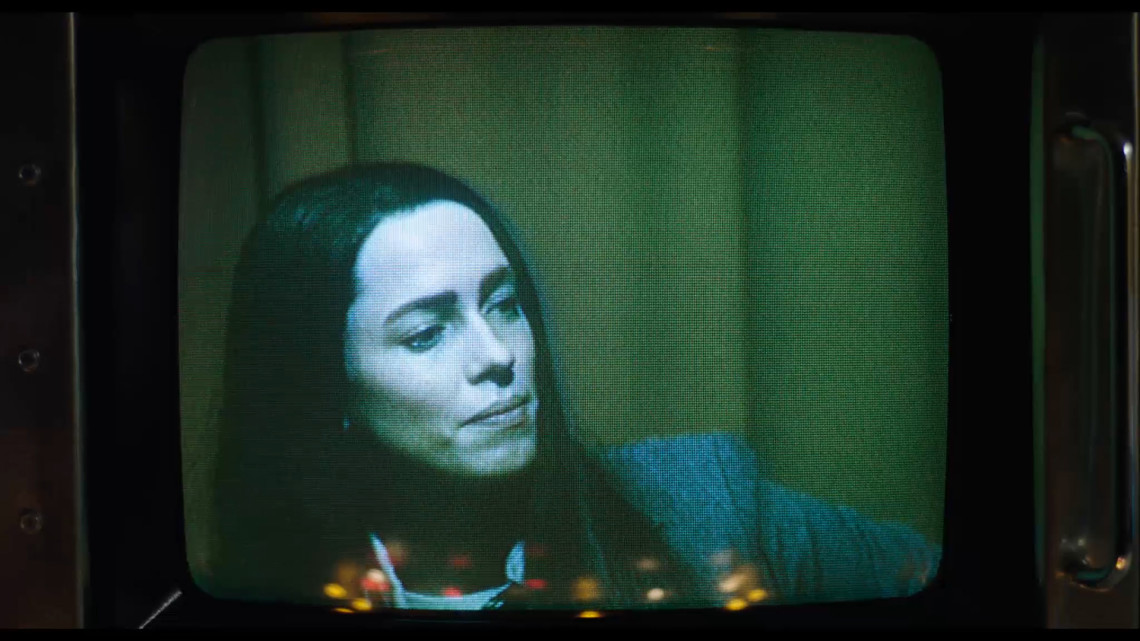After 11 days, countless films, and equally countless #hottakes, the 2016 edition of the Sundance Film Festival is finally over. With this year’s festival now in the rearview mirror, our writers Charlie Nash and Marshall Shaffer wanted to highlight what he thought were the best of the Park City-set fest. Check out his list, and start adding these to your personal Most Anticipated Films of 2016 list.
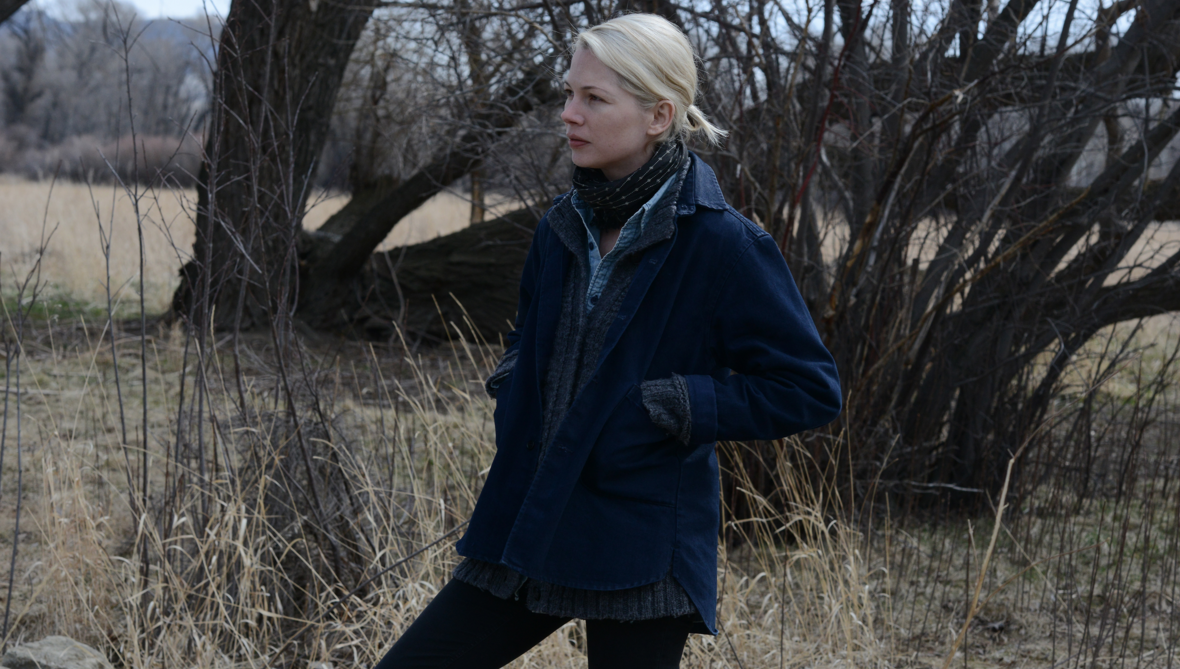
Certain Women
Adapted from the short stories of Maile Meloy (sister of Colin Meloy, the frontman for The Decemberists) Kelly Reichardt’s haunting new film consists of three loosely intertwined vignettes centered around four different women. The first story on a lawyer named Laura Wells (a perfectly cast Laura Dern), whose client, a construction worker named Fuller (Jared Harris), refuses to listen to her advice in his attempts receive compensation for a work-related injury. In the second installment, Gina Lewis (Michelle Williams) is hoping to build a woodland cottage for her family, despite the fact that her marriage is clearly on the rocks. Lastly, in the film’s best segment, a Native American rancher, Jamie (Lily Gladstone, in a breakthrough performance) begins to fall in love with an awkward law student (Kristen Stewart) who travels four hours from her hometown every night to teach an adult education class.
Certain Women is slowly paced and enigmatic even by Reichardt’s standards, but by no means is that a complaint. Her minimalist aesthetics continue to speak volumes here, much like how her characters communicate most clearly through vacant silences. Shot in 16mm by Christopher Blauvelt, who captures the chilly landscapes of the American northwest, the film is a melancholy mood piece that poetically captures the loneliness of these four lost souls. Viewers who prefer their films to be more plot-based may grow impatient, but the film quietly sneaks up on you, and the poignant fates of its characters linger in your memory long after the credits have rolled. — Charlie Nash
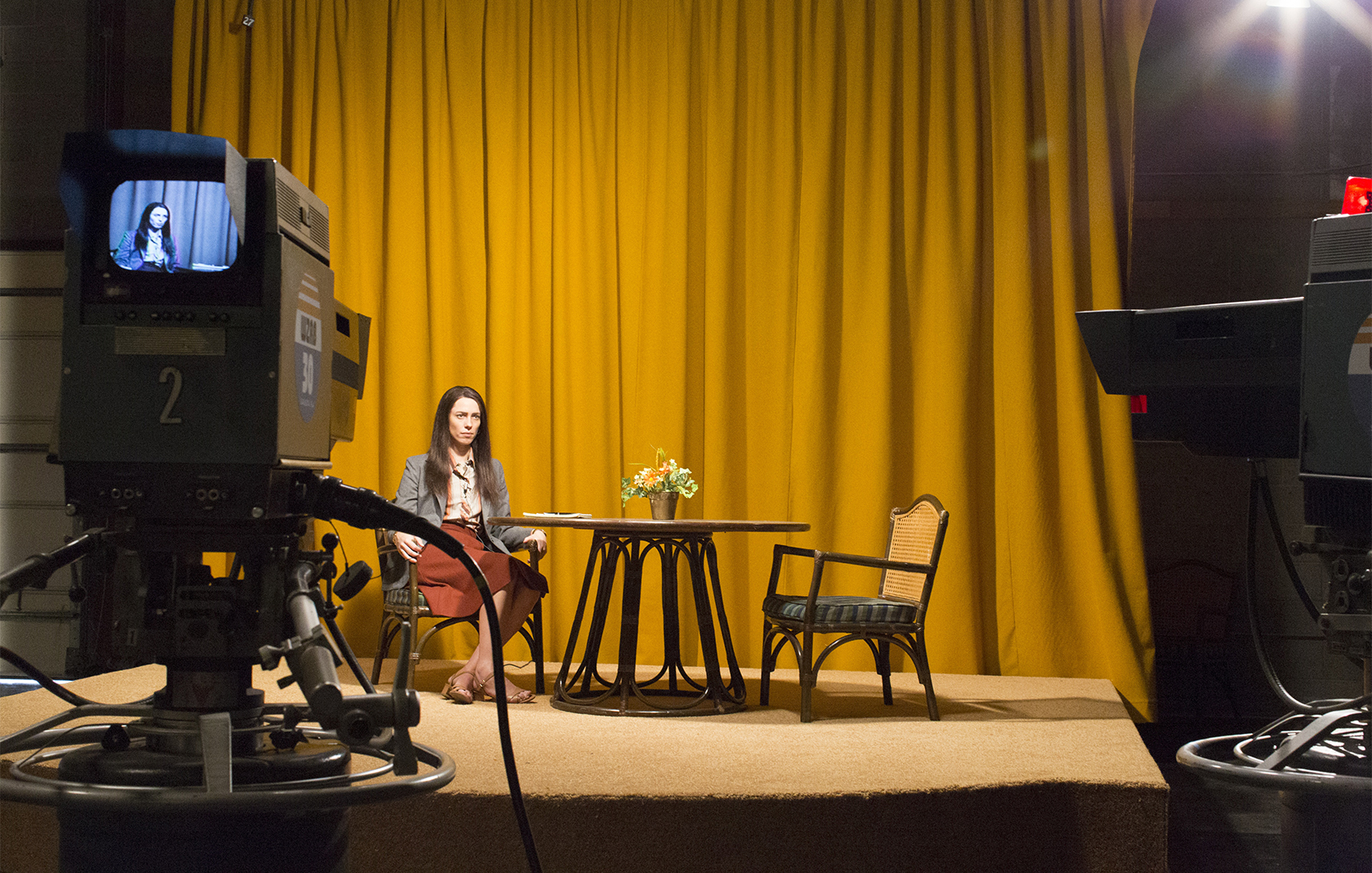
Christine
Rebecca Hall made a big splash on the cinematic scene with 2008’s Vicky Cristina Barcelona and had since not entirely capitalized on that auspicious introduction. That all changes with Christine, a true star-making turn for Hall that frightens, endears and haunts. As the eponymous character, 1970s newscaster Christine Chubbuck who notoriously attempted suicide on air, Hall convincingly charts her character’s winding road of descent into madness and despair. That her performance is situated within the work of Antonio Campos, who delivers yet another incisive critique of a world where human interaction is so heavily moderated by screens, just adds even more depth. — Marshall Shaffer
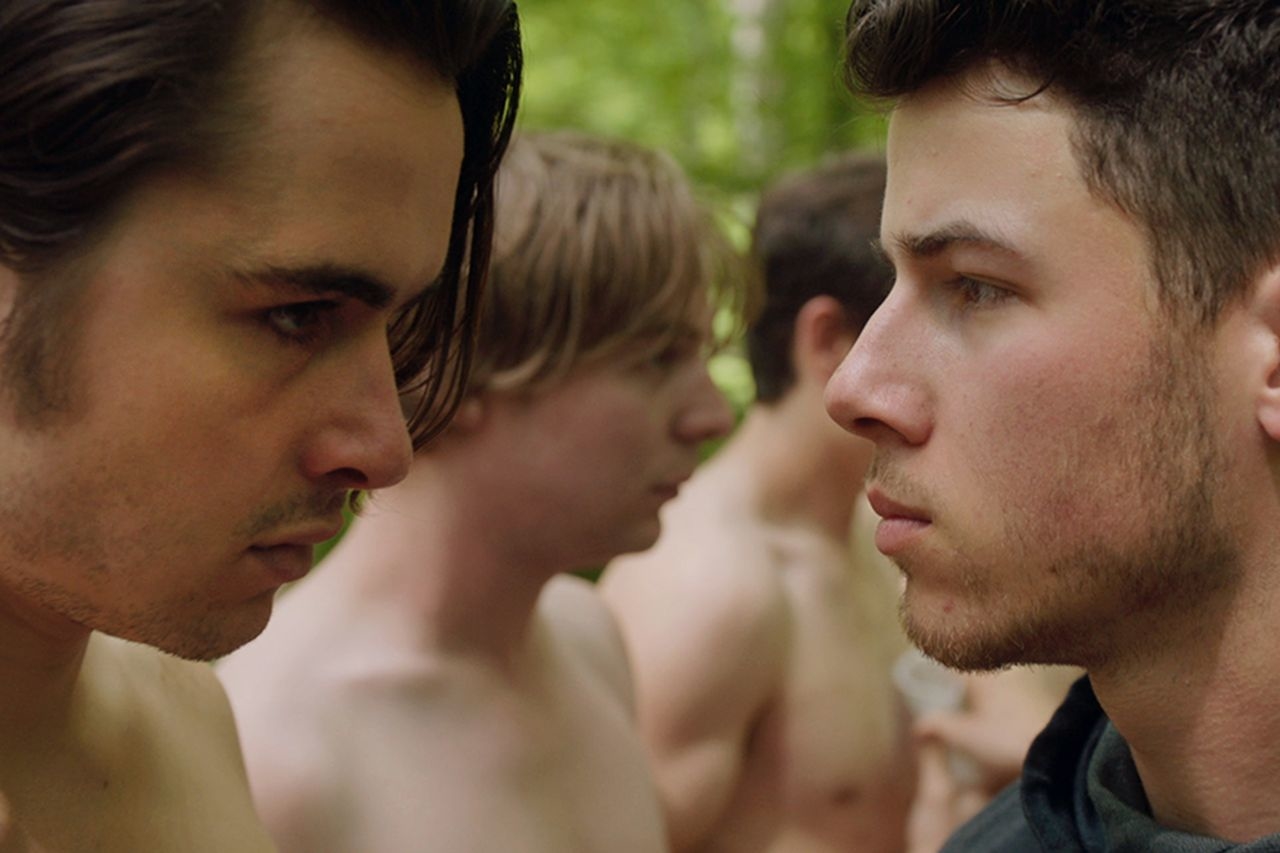
Goat
“The pledges have to go through hell, or what’s the f—ing point?” It’s a question posed toward the end of Goat by the cruel fraternity pledgemaster Dixon (Jake Picking), and the film provides no easy answer. The goal of hazing is unity, but the process takes such collateral damage that the ends do not satisfyingly justify the means. Without indicting the fraternity system, co-writer/director Andrew Neel scrutinizes the viability of young men who look for a solution to the problems of masculine assertion and social cohesion within such groups. The violent rituals are a sight indeed, though the real heart of the film lies in the breakout performances from Ben Schnetzer and Nick Jonas as brothers Brad and Brett Land. The former loses his way going into the group, while the latter finds his on the way out. Observing the compassion slip through their tough facades in private, familial moments provides an emotionally rich counterweight to the toxic foundations of brotherhood established in their Greek organization. — Marshall Shaffer
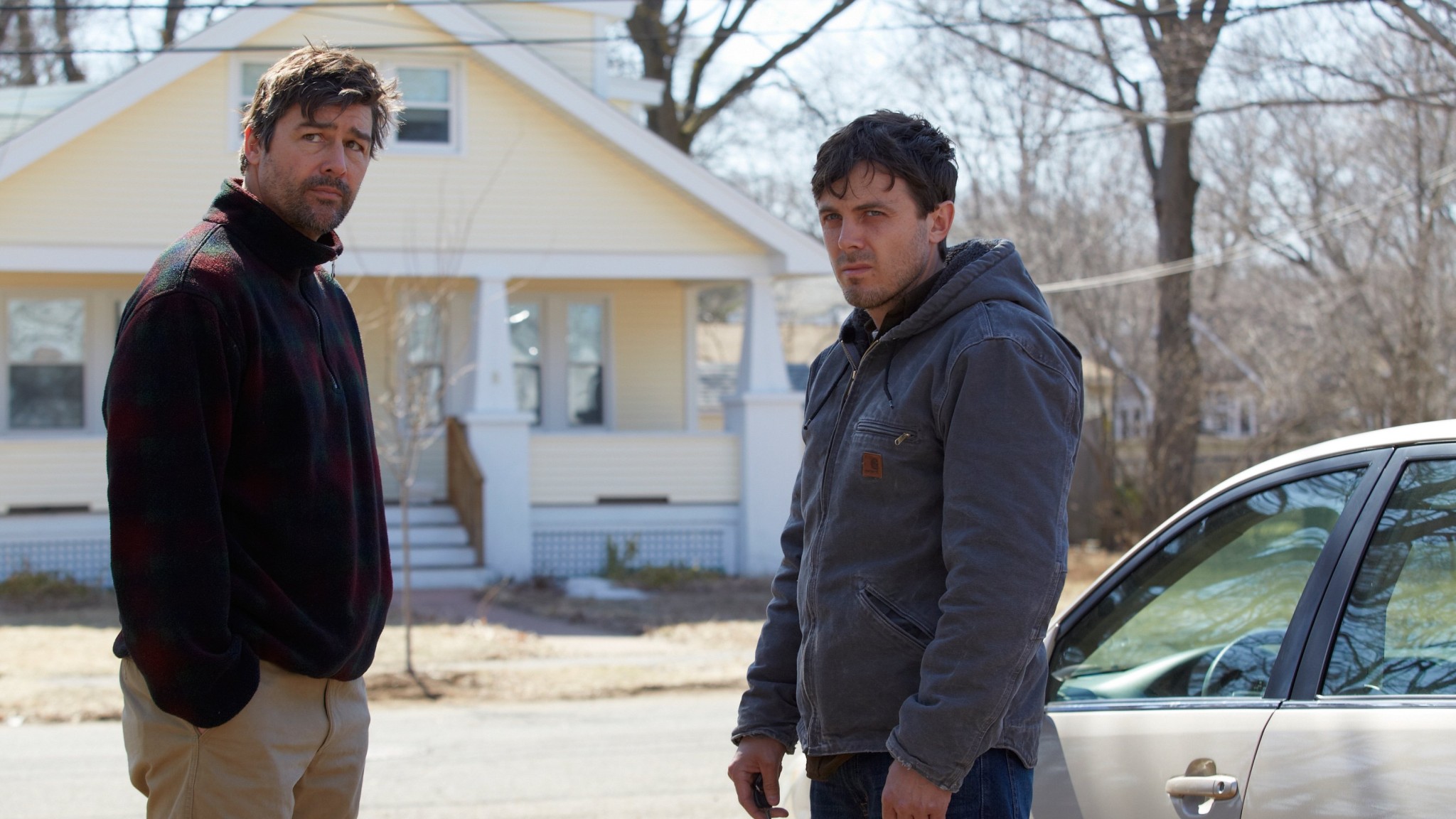
Manchester by the Sea
After struggling for nearly a decade to produce a final cut of his brilliant, but sadly under-seen Margaret, Kenneth Lonergan’s third feature, Manchester by the Sea, is another tour-de-force from one of America’s greatest contemporary filmmakers. Set in Massachusetts, it stars Casey Affleck as Lee Chandler, a depressed plumber in Boston who is informed that his brother, Joe (Kyle Chandler) has passed away. As a result, Joe’s 17-year-old son, Patrick (Lucas Hedges) is now an orphan, and, much to Lee’s dismay, Joe requested him to be Patrick’s guardian without even discussing this potential outcome with him.
As it turns out, Lee has been psychologically crippled by a traumatic event from his past, and the arrival of his nephew only intensifies his internal suffering to an unbearable extent. Patrick, on the other hand, doesn’t initially seem too upset by his father’s passing. Like most teenage boys, he prefers to keeps his emotions bottled-up; unable to comprehend that numbing out the pain will only result in an inevitable eruption of repressed feelings over time. The film may seem like a typical male-bonding story on paper, but it consistently subverts the viewer’s expectations through Lonergan’s beautifully rendered script and masterful direction. Anchored by Affleck’s powerful performance, in what may be the best work of his career, Manchester by the Sea is a heartbreaking meditation on grief, and how we all attempt to cope with loss in our own ways. This is a melodrama for the ages. — Charlie Nash
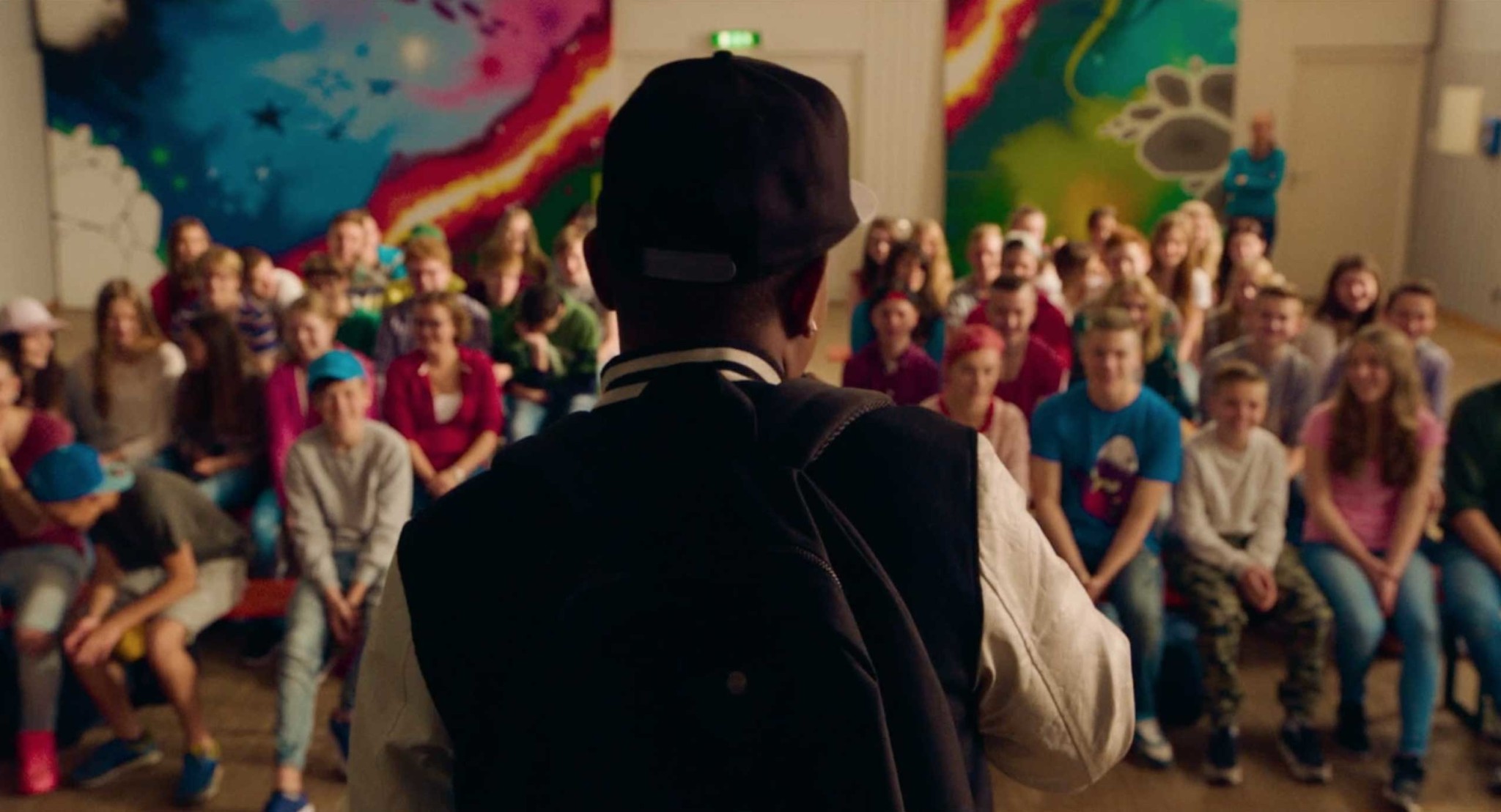
Morris from America
A strong spotlight is currently shining on the film industry’s lack of diverse voices, which hopefully will result in real change soon. But in the meantime, we should all be thankful that diverse representations in something like Chad Hartigan’s Morris from America exists. Hartigan began the script from autobiographical elements and eventually shifted the race of the two main characters to one different than his own. How refreshing to see that a writer/director can make a film that is so personal but also so open to exploring points of view different from their own. This coming-of-age story about black teenager Morris (newcomer Markees Christmas) captures all the joys and frustrations of being an adolescent. His character can go from confident to timid even within the same scene, just like any 13-year-old does. Hartigan manages a similar balancing act in his direction as well, pivoting from natural drama to stylized bravura with a graceful touch. Every scene just made me feel warm inside, especially scenes with Morris’ father Curtis, who Craig Robinson plays with the utmost sincerity. — Marshall Shaffer

Other People
I almost skipped Other People on my first day to get more sleep, but I’m certainly glad I powered through. How appropriate that my initial film at the festival should be so quintessentially “Sundance”-y, that mix of pathos, quirk, and comedy that so many people view as de rigeur for the official selection. But Other People made for a powerful reminder of why those movies became so popular: when done well, they are tremendously invigorating. Yes, it got me out of my chair at 9:00 A.M. both clapping and sobbing. Chris Kelly, a Saturday Night Live writer and Broad City producer, debuted a remarkably assured first feature that hits recognizable beats with uncommon gusto. The film finds an emotionally resonant blend of tragedy and comedy that packs a wallop of as the story of a cancer-stricken mother (Molly Shannon, better than ever) reaches its inevitable end. Jesse Plemons also shines as one of the most refreshingly well-written gay characters of recent memory, allowed to be defined by something other than his sexuality without denying him romance. — Marshall Shaffer
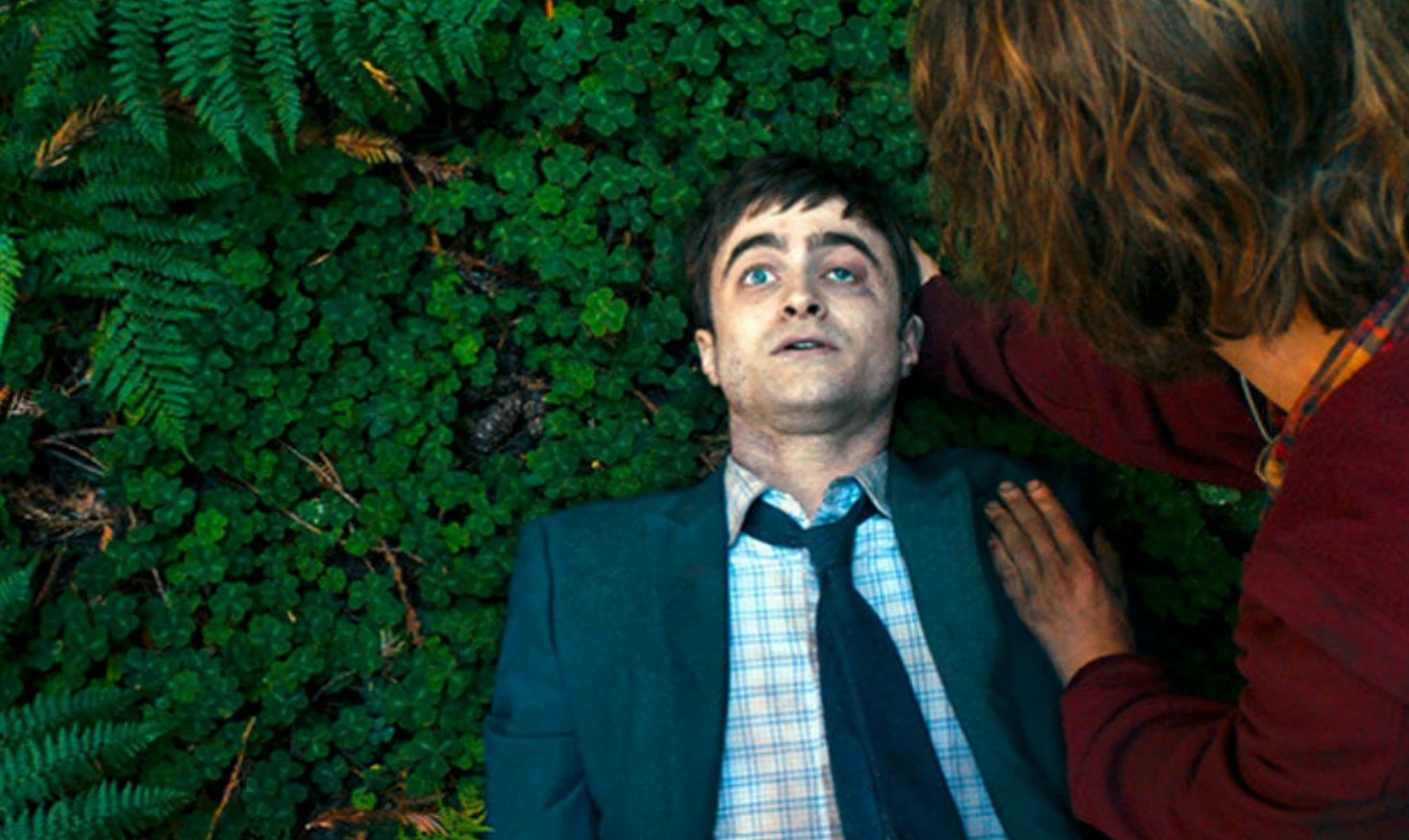
Swiss Army Man
The press covering all the walkouts from Swiss Army Man probably forever branded the film as “the Daniel Radcliffe farting corpse movie.” The moniker is not inaccurate, to be clear, but the film is so much more than just that. Those who embrace the surreal and the absurd in this bonkers debut feature from the Daniels (Daniel Kwan and Scheinert) will find a film full of soulful surprises. Using the wilderness survival story as a springboard into richer thematic territory, Swiss Army Man begins to separate our primal instincts from the learned responses conditioned by our culture – and ultimately serves as a moving testament to what keeps us going in spite of our circumstances. — Marshall Shaffer
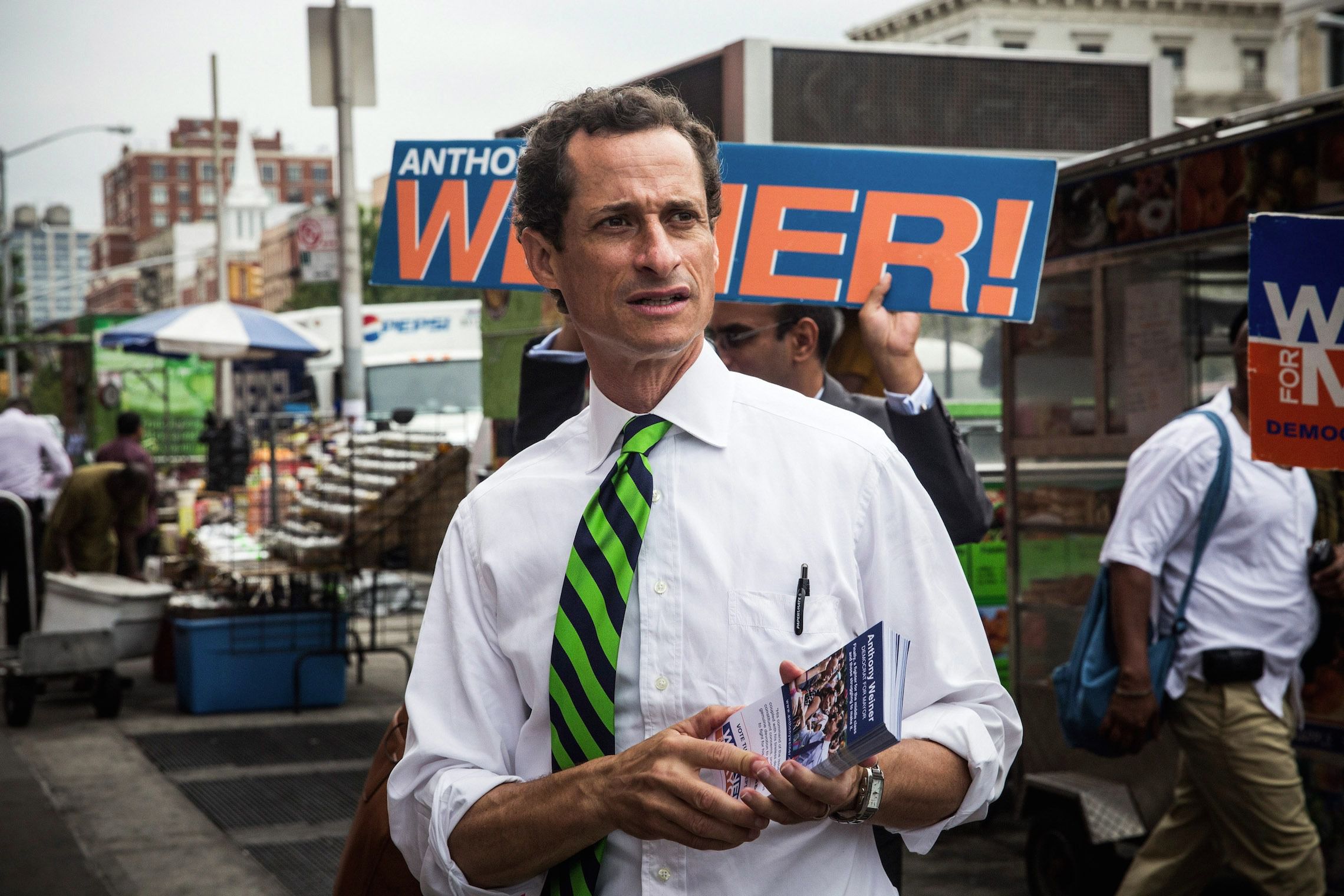
Weiner
Josh Kriegman and Elyse Steinberg’s captivating political documentary Weiner could just as easily be named Huma, the film’s second subject who proves equally as captivating. As disgraced former Congressman Anthony Weiner mounts an improbable campaign for the mayor of New York City in 2013, he allows a camera crew to observe – probably out of hubris, apparently the main motivation behind all his actions. His politically shrewd spouse, Huma Abedin, proves far more cryptic. She has made herself invaluable to the Clintons, Hillary in particular, yet has saddled her political fortunes to a trainwreck of a husband. Just how she ended up here is a question everyone ought to ask, in part because it seems like Huma is asking it herself in the many moments of silent suffering that the camera picks up. Whereas Hillary seems primarily motivated by the acquisition of power, Huma’s enigmatic logic makes this real-life story far more fascinating than any House of Cards-style tale of diplomatic couples. — Marshall Shaffer

White Girl
Quite possibly the most controversial film of this year’s festival, Elizabeth Wood’s fearlessly provocative debut polarized audiences with its relentlessly graphic depictions of sex, violence and drug use. Yet, much like enfant terrible Larry Clark (Kids, Bully), Wood never endorses her young characters’ behavior; it’s harrowingly depicted for the sake of the film’s devastatingly bleak commentary regarding race and gender. Morgan Saylor (best-known for playing the “insufferable” Dana Brody on Showtime’s Homeland) stars as Leah, a 21-year-old liberal arts student who’s recently moved to New York City with her best friend, Katie (India Menuez). One night, in attempt to score some pot for a party, Leah introduces herself to her Puerto Rican neighbor, Blue (Brian ‘Sene’ Marc), who happens to be a drug dealer. The two immediately hit it off, but when Blue is arrested after being set up by a friend, it’s up to Leah to raise enough money to bail him out.
Based on elements of Wood’s own life, White Girl is a deeply disturbing portrait of American bigotry. People of color undergo racial profiling, women are horribly objectified, and, in Leah’s case, she’s privileged as a Caucasian while remaining victimized for her gender. Not only has Wood crafted a coming-of-age tale that’s enthralling on a visceral level, she’s woven in a form of political subtext that’s profoundly important. — Charlie Nash

















